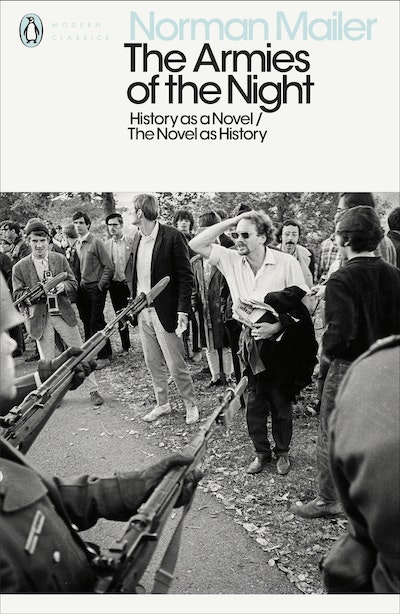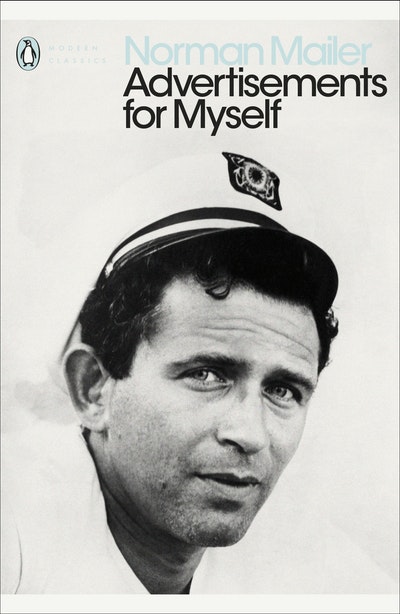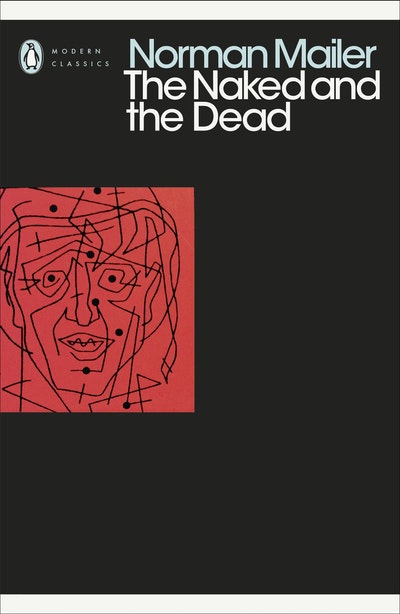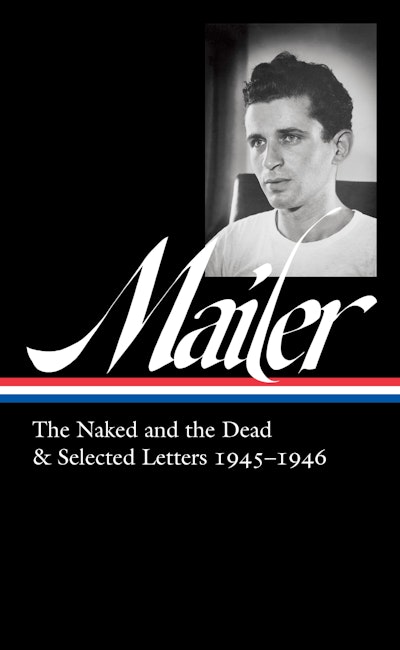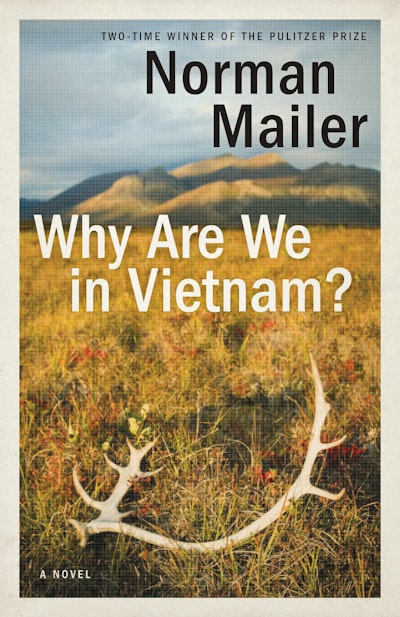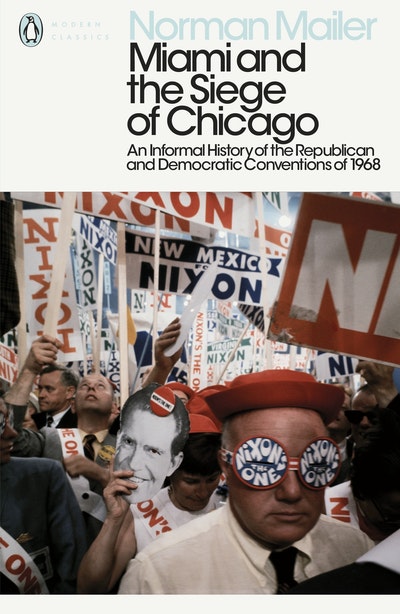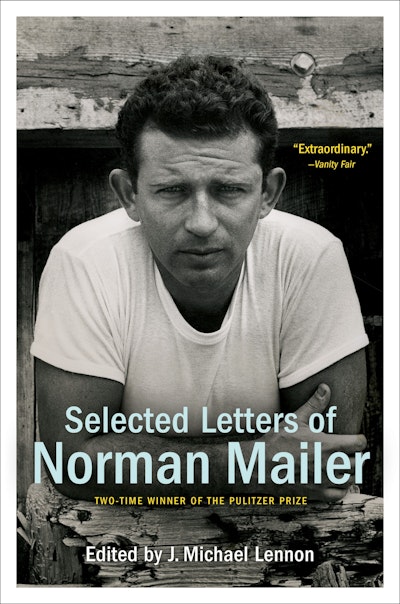The Armies of the Night
History as a Novel / The Novel as History
- Published: 1 November 2018
- ISBN: 9780241340486
- Imprint: Penguin eBooks
- Format: EBook
- Pages: 288
Only a born novelist could have written a piece of history so intelligent, mischievous, penetrating and alive
The New York Times Book Review
His genuine wit and bellicose charm, and his fervent and intense sense of legitimately caring, render The Armies of the Night an artful document, worthy to be judged as literature
Time
Mesmerising, and to re-read it today is to experience an additional punch: the one that verifies that history repeats itself as (malignant) farce
Guardian
A work of personal and political reportage that brings to the inner and developing crisis of the United States at this moment admirable sensibilities, candid intelligence, the most moving concern for America itself. Mailer's intuition in this book is that the times demand a new form. He has found it
New York Times
